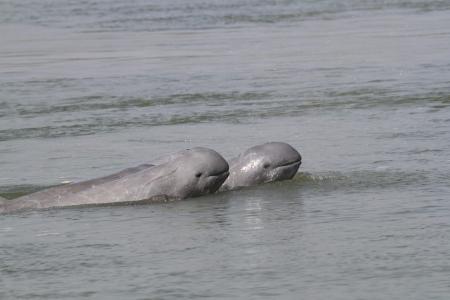Mohd. Yunus
Biography
Publications
Mohd. Yunus is an independent researcher hailing from Riau Province, Indonesia, and is currently pursuing a master’s degree in biological sciences at Khon Kaen University, Thailand. He has more than ten years of experience in ecology, environmental economics, environmental management, peatlands, and sustainability. He has written for the South China Morning Post, The East Asia Forum, The Diplomat, Modern Diplomacy, Asia Times, and Riau Pos focused on environmental issues in Asia. He was awarded the prestigious ITTO Fellowship in 2023 for his ground breaking research on peatland management in Indonesia.

The ripple effects of EU deforestation laws in Southeast Asia
The region's palm oil industry needs to move with the times. But meeting the challenges will take a group effort.

The geopolitical ripple effect of Asia’s ageing population
Economies, cultures and foreign policy objectives are set to evolve with the region’s shifting demographics.

Without money, the global biodiversity target is just an empty promise
Beyond social responsibility, funding conservation in developing nations is critical to the global economy.

The uncertain future for Southeast Asia’s great sea nomads
The seafaring tribes that crisscross the region’s waters are vital to ocean conservation but climate change is taking a toll.

The carbon sinks of Southeast Asia are in trouble
Global demand for palm oil and paper is threatening a fragile peatland ecosystem. International cooperation is needed now.

Beyond borders, beyond loss: How regional cooperation can safeguard Asia’s biodiversity
The threats to migratory species is urgent and can only be tackled together.
